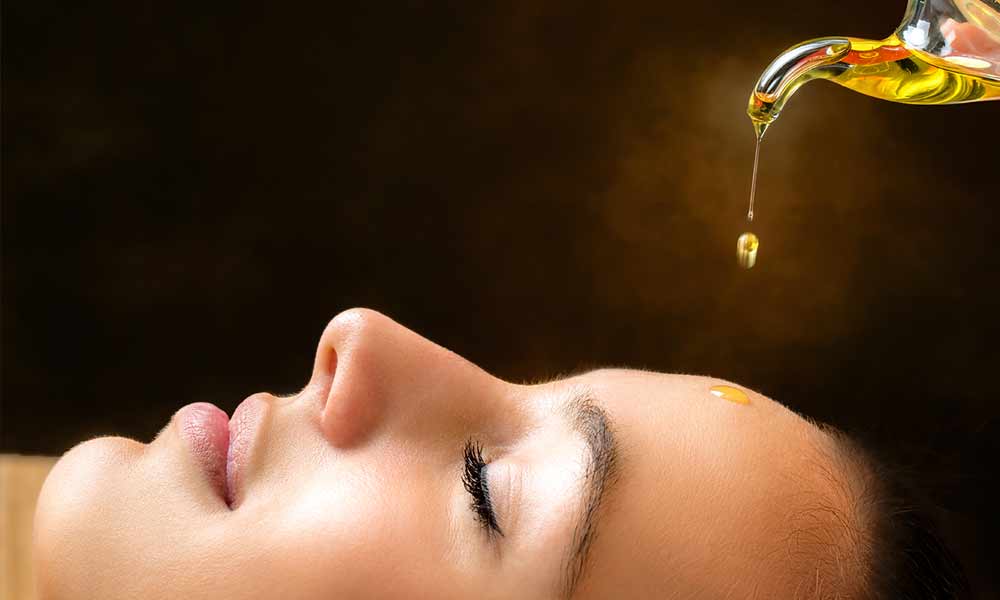Alternative medicine is increasingly becoming a popular choice for treating chronic ailments. Irrespective of whether you are an ardent fan of Ayurveda or similar therapies, the chances are that you would want to consider them if they provide relief.

Take the case of Rajiv. He always preferred allopathy to natural treatments — until naturopathy cured his son’s chronic ailment. The icing on the cake was that his insurance supported the cost of therapy.
IRDA Regulation
Vikram, an hotelier, was on his feet for the major part of the day, thanks to the demands of the hospitality industry. When his knees started to give way, a friend suggested Ayurveda. However, Vikram’s health insurer refused to cover Ayurvedic treatment.
Vikram was unaware that in 2012–13, the Insurance Regulatory and Development Authority (IRDA) recommended that health insurance companies include alternative medicine in their scope of cover. This would also support traditional Indian methods of disease treatment.
AYUSH
The Department of Ayurveda, Yoga and Naturopathy, Unani, Siddha and Homeopathy (AYUSH) was born in March 2003 by the government to promote education and research in traditional Indian medicine.
The department of AYUSH led to the formation of the Ministry of AYUSH in November 2014. The department of AYUSH controls various research councils and institutes relating to non-allopathic medicine.
The AYUSH Benefit:
Since AYUSH is a central government body, it is now easier for insurance providers to cover alternative medicine. You can now pick a line of treatment that suits you. AYUSH has gone a long way to restoring the faith of consumers in Indian traditional medicine besides providing a low-cost alternative.
Sandeep’s knee surgery would have cost him at least Rs. 50,000. Ayurvedic treatment for the condition cost him only Rs. 4,200 in Kerala. It is not limited to Kerala, though. He can seek further treatment in any part of India now.
Popular Choices:
Here are a few companies that have embraced the change:
Chola MS Advanced Individual Health Line Plan: covers Ayurvedic treatment up to 7.5% of the sum insured.
Apollo Munich Insure Health Plan: covers alternative medicine (Ayurveda, Unani, Siddha, and Homeopathy) up to 10% of the sum insured.
HDFC ERGO - my: Health Suraksha: covers alternative medicine under AYUSH up to 20% of the sum insured.
Star Health Medi Classic Plan: covers non-allopathic treatment up to 25% of the sum insured, limited to Rs 25,000 per policy period.
New India Mediclaim 2012: covers Indian traditional medicine under AYUSH up to 25% of the sum insured, claimable when treated at a government hospital.
Reluctance and Exclusion:
Most insurance providers now cover traditional Indian medicine under their insurance plans. However, a few companies are yet to incorporate the change. Some of them cover only Ayurvedic therapy.
Some include alternative treatments, including Ayurveda, only to a certain extent, under specific conditions. A few days ago, Sitara opted for Unani medicine to treat her epilepsy attacks. Her insurer provided cover up to Rs. 20,000, only if she got treated in a government hospital.
While AYUSH has already led the way in alternative means of disease treatment, insurance providers have to welcome the new approach with open arms.








